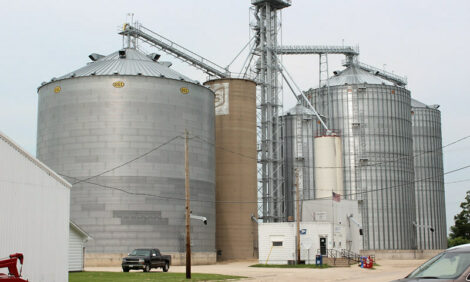Livestock waste - solutions urgently required
AUSTRALIA - Innovative solutions are urgently required to solve the environmental problems caused by the massive volumes of livestock waste being generated throughout the world, says CSIRO's Chief Research Scientist.
|
Need a Product or service?
|
|
CSIRO Textile and Fibre Technology's Chief Research Scientist, Dr Jock Christoe told the ASTE Crawford Fund's 'Livestock Revolution' conference in Canberra that a 50,000 acre pig farm in the US can generate more waste than Los Angeles.
"In Europe, 1.2 billion tons of livestock waste is produced annually, while in China, the total solid wastes discharged from livestock farms in1997 exceeded 1.7 billion tons with a further 20 billion tons of waste-water being discharged into the environment," Dr Christoe said.
"The generation of these livestock wastes in smaller areas will continue to increase at an alarming rate, making it a matter of some urgency for industry to come to terms with its management."
He said that learning how to effectively recycle livestock waste could deliver significant financial and environmental rewards. However, in order to reap those benefits the industry's approach needed to be redefined to incorporate an integrated 'cleaner production' environmental strategy.
"The attitude of CSIRO is to view waste material not as a problem to dispose of, but as an opportunity to find viable by-products that make the livestock industry more effective, economic and environmentally responsible," Dr Christoe said.
"The 'cleaner production' strategy takes a proactive approach to protecting the environment while improving productivity and competitiveness. Covering areas such as eco-efficiency, waste minimisation and pollution prevention, it seeks out innovative approaches to reclaiming and recycling waste products."
There were a number of exciting examples of projects being undertaken around the world to trial innovative 'cleaner production' methods.
These included: piggeries in the Pacific Islands harnessing mixed farming systems to integrate crop and livestock production and reclaim by-products to make fertilisers or biogas; tanneries recycling chemicals and introducing air-dry techniques to radically reduce the use of salt in the tanning process; and, wool scouring in Australia that removes contaminants, reclaims them to potting mixes, recycles sheep sweat to make natural potassium fertilisers then recycles the water used in the process.
Source: CSIROline - 13th August 2003


















